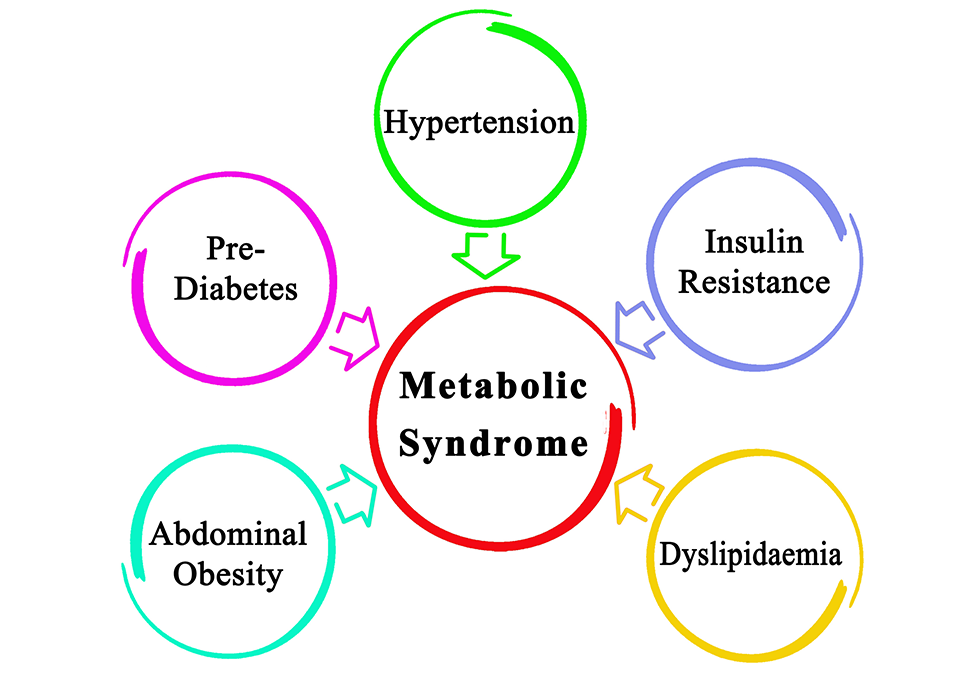
High Blood Pressure
January 4, 2021Diabetes Mellitus
How do I know if diabetes has hurt my kidneys?
Your doctor will test your urine for protein. Blood tests can tell how much damage has been done to the kidneys. Unless the damage is severe, you probably will not have any symptoms. If your kidneys fail, your feet and ankles may swell. You also might feel weak or not want to eat.
What is diabetic nephropathy?
Diabetes can affect many parts of the body, including the kidneys. Blood vessels in the kidneys clean the blood. These vessels can be damaged if diabetes is not controlled. This can cause kidney disease, also called nephropathy . If the damage is bad enough, you could get kidney failure.
Is there a cure?
No, but some treatments can keep it from getting worse.
What can I do to slow down the damage?
Your doctor will find out if diabetes or something else is hurting your kidneys. He or she might give you medicine to help lower your blood pressure or blood sugar level. The most important things you can do are:
- Keep your blood pressure lower than 130 over 80.
- Keep your A1C level below 7 percent.
- Stick to your diet. Ask your doctor how many calories and how much carbohydrate and protein you should eat.
- Exercise every day.
- Check your blood sugar level often.
- Take the medicines your doctor prescribes for you, and check with your doctor before taking any new medicines. This includes vitamins, herbal medicines, and over-the-counter medicines.
- Keep all of your doctor appointments.
What happens if my kidneys fail?
Kidney failure can be deadly if it is not treated. There are two ways to treat kidney failure: dialysis or a kidney transplant. Dialysis is when blood is taken from your body and pumped through a machine that takes out waste products and fluids. The clean blood is then pumped back into your body. This usually is done three times a week. A transplant is when a new kidney is put into your body through surgery.




